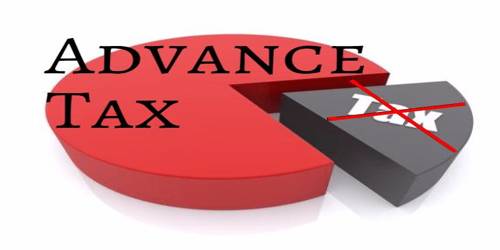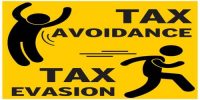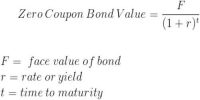Advance Tax: Income tax discipline lies on the basic principle that tax will be paid on income. It means income tax should be paid in advance instead of lump sum payment at year end.
So, it is customary that as an assessee, I have to earn first and only then I will be eligible to pay tax. So, income (different between revenue and expenses) of an income year is assessed in the assessment year to calculate the taxable income on which tax is supposed to be paid. And that’s why the government needs to wait at least a year for taxing people. It is also known as pay as you earn tax. These payments have to be made in installments as per due dates provided by the income tax department. But, in almost every country of the world, the law provides payment of tax within the year in installments. In taxation classic, it is known as “PAYE” (Pay as you earn).
Example for instance, if one is earning capital gains, interest on investments, lottery, house property or business, the concept becomes relevant.
Who is liable to pay Advance Tax –
Both old and new taxpayers may be liable to pay advance tax upon the fulfillment of the following condition:
- For old taxpayer – If the total income, excluding capital gain and agriculture income, of the assessee for the latest assesses income in respect of which he has been assessed by way of regular assessment, has been provisionally assessed, exceeds take 300,000.
- For new taxpayer: If the total income, excluding capital gain and agriculture income, of any person who has not previously been assessed by way of regular assessment.














